Physicus – A Phenomenal Tool to Promote Scientific Learning for Children
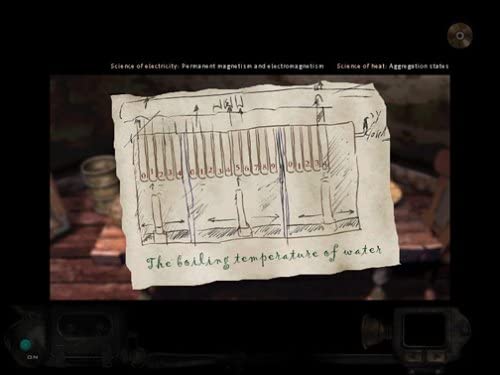
Introduction
Science can be pretty dry and dull. In fact, a lot of people will go out of their way to avoid learning anything about it. However, that doesn’t have to be the case. With the help of games like Physicus, science can become a lot more engaging, and dare I say, fun!
What Is Physicus?
Physicus, created by Tivola Publishing, is an educational game designed to teach young people aged 10 and above about the basic principles of physics. The game is set up like a real-life laboratory, with a virtual mentor named Professor Mac providing guidance and advice, to help the players solve the various challenges in the game.
Why Is Physicus Important?
Physicus is an important tool because it consolidates scientific fundamentals and helps students to test and apply them in real-world situations. The game presents information about physics, forces, and mechanics in an interactive and inquisitive manner that promotes a learner’s curiosity and critical thinking skills.
Game Storyline and Objectives
The storyline of the game revolves around a mysterious scientist who has disappeared, leaving behind a large number of puzzles and challenges. The player, in the role of an apprentice, must solve these puzzles to unlock new regions and ultimately discover the fate of the scientist.
The primary objective of the game is to teach basic physics concepts, such as mechanics, forces, and energy, and to allow the students to apply them to solve diverse problems, such as bridge-building, cannon design, and even building roller coasters!

Game Mechanics
The game mechanics of Physicus inculcate analytical thinking, critical thinking, and decision-making abilities. It provides a sandbox for students to experiment with the game’s physics engine and the virtual laboratory.

By dragging and dropping items such as ramps, pulleys, cannonballs and more, learners can create their experiments in line with the objectives of the game challenges. It emphasizes on teamwork and collaboration, promoting the player’s ability to work with other people to solve challenges creatively.
Physicus and the School Curriculum
Given the game’s content, interactive nature and educational value, it becomes an important tool for science teachers to utilise. Physicus can be introduced as part of the regular science curriculum, allowing children to work hands-on with the concepts they learn in class.
Teachers can even incentivise students to progress further in the game, using the integration of game achievements and progress to supplement the reward system in class.

The Advantages of a Game-Based Learning Experience
Physicus provides a range of benefits that an ordinary classroom setting might not provide. Here are a few advantages that come with using video-game based learning:
- Self-paced learning, allowing learners to adjust their speed and progress without being constrained by the rest of the class
- Multi-sensory learning, – By including elements of visual, auditory, tactile, and kinesthetic learning, resulting in a more interactive and immersive learning experience
- Increased engagement, leading to a sense of accomplishment, gaming progress, and reward that gives students motivation to learn.
Conclusion
Physicus is an excellent tool for creating a more engaging and meaningful learning experience for young students, by making science accessible and fun. It is a valuable addition to the curriculums, supplementing the standard classroom resources with a more practical and interactive lesson.

![Amazon.com: Band-in-a-Box 2019 Pro for Mac [Old Version]](https://www.coupondealsone.com/wp-content/uploads/2024/04/2O6e4Cw25Z6a.jpg) Band in a Box 2019 Flash Drive Review
Band in a Box 2019 Flash Drive Review 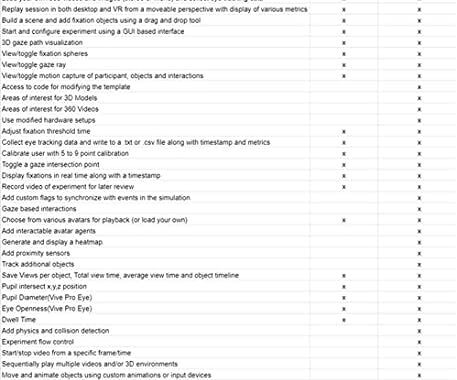 WorldViz SightLab Tracking Software Omnicept Review
WorldViz SightLab Tracking Software Omnicept Review 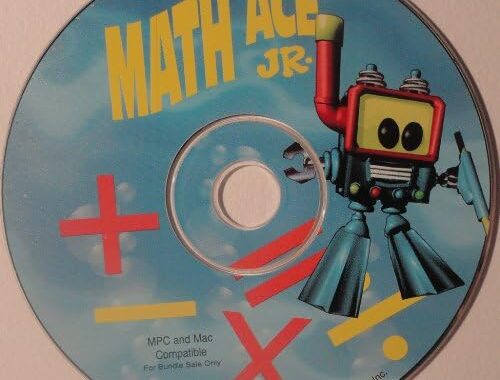 Math ACE Jr. Review: A Must-Have Learning Tool for Kids Ages 4-8
Math ACE Jr. Review: A Must-Have Learning Tool for Kids Ages 4-8 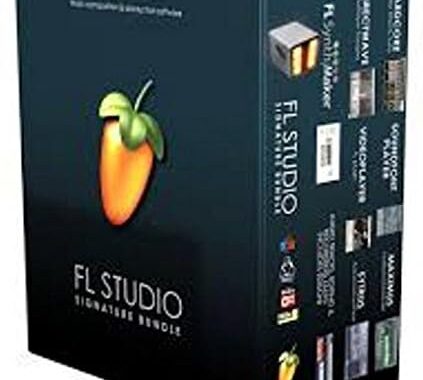 Review of Image Line Software Studio Signature Bundle
Review of Image Line Software Studio Signature Bundle 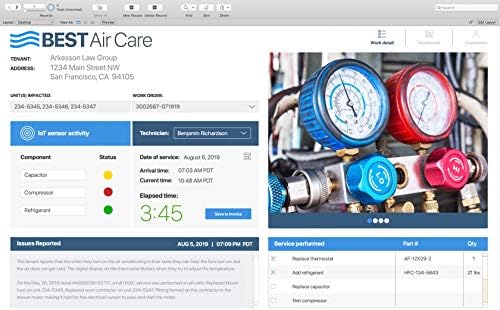 FileMaker Pro Advanced Review
FileMaker Pro Advanced Review ![Amazon.com: Punch! ViaCAD 2D/3D v12- For Mac [Mac Download] : Software](https://www.coupondealsone.com/wp-content/uploads/2024/04/YBusi9QdX6E2.jpg) ViaCAD v12 for Mac Review
ViaCAD v12 for Mac Review  Elevate Your Baking with the Stylish and Powerful Drew Barrymore 5.3-Quart Stand Mixer
Elevate Your Baking with the Stylish and Powerful Drew Barrymore 5.3-Quart Stand Mixer 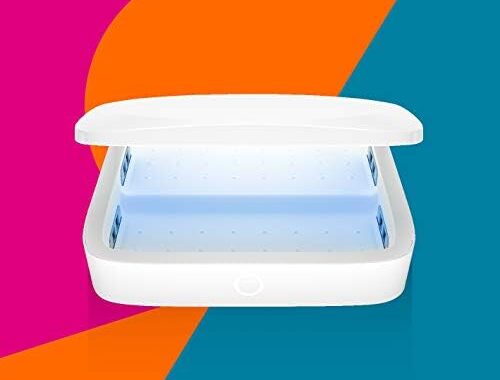 Review of the Sterilizer Charging Wireless Certified Sanitizer
Review of the Sterilizer Charging Wireless Certified Sanitizer  DESTEK VR Controller Review
DESTEK VR Controller Review